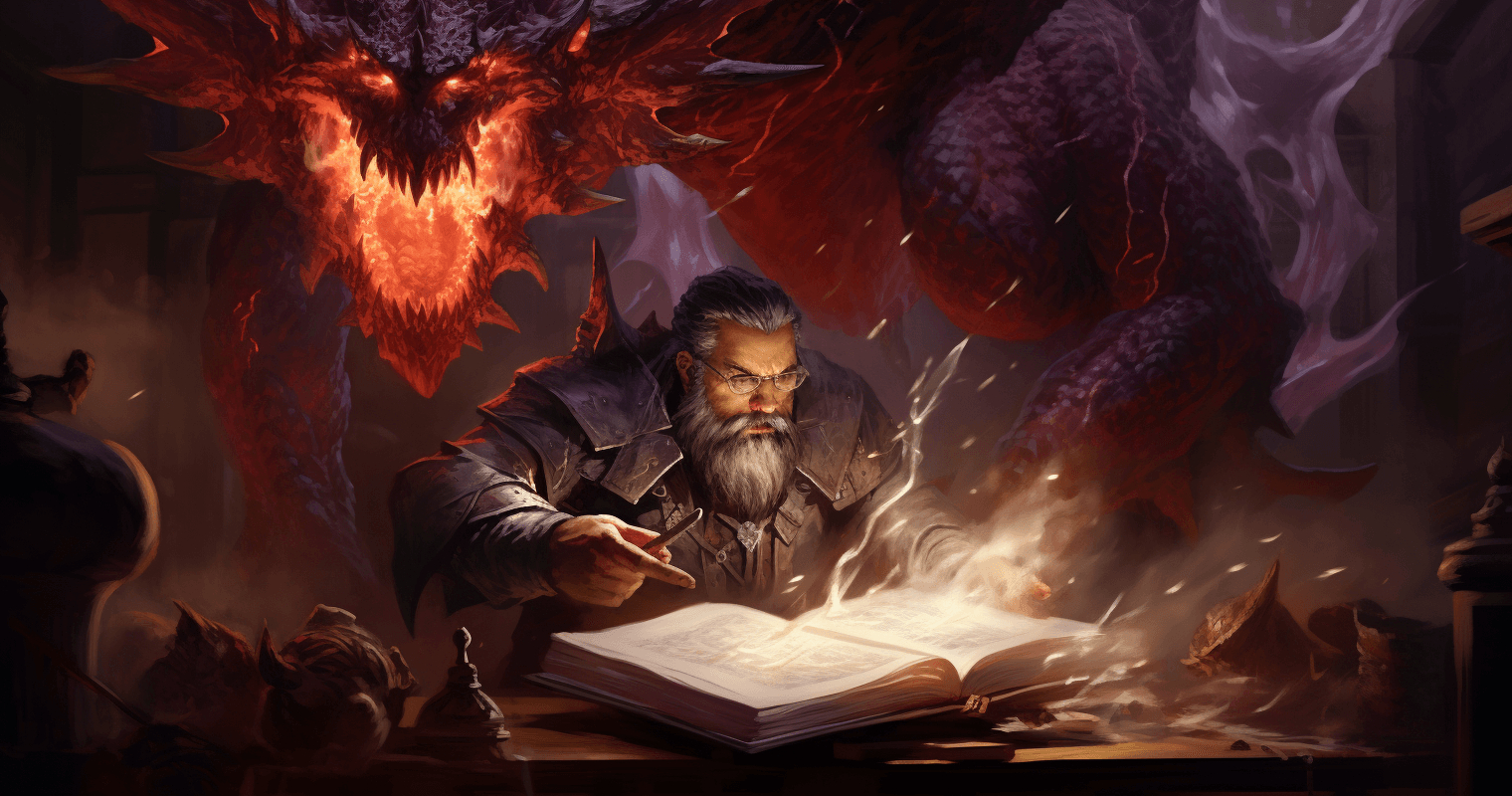
The Dungeon Master’s Handbook: A Guide to Becoming an Exceptional DM
Updated on: 2025-12-18

Becoming a Dungeon Master is one of the most rewarding challenges in tabletop gaming. You are the architect of worlds, the voice of countless characters, and the one responsible for keeping your players immersed in the adventure. While it can seem daunting at first, the Dungeon Master’s role is less about perfection and more about guiding collaborative storytelling. With preparation, creativity, and the right tools, you can transform your campaign into an unforgettable experience for everyone at the table.
This guide explores the essential elements of being a Dungeon Master, from tools and world-building to improvisation and managing player dynamics. Whether you are just starting out or looking to refine your skills, think of this as your own Dungeon Master’s Handbook.
Essential Tools for Success
Before crafting sprawling adventures and dangerous dungeons, every Dungeon Master needs a reliable toolkit. These are the resources and items that keep the game running smoothly and allow you to focus on telling a great story.
- Core Rulebooks: For Dungeons & Dragons 5th Edition, the Player’s Handbook, Dungeon Master’s Guide, and Monster Manual form the foundation. Familiarity with these ensures fairness and consistency.
- DM Screen and Quick References: A screen provides privacy for rolls while keeping rules, conditions, and charts right where you need them.
- Digital Aids: Virtual tabletops like Roll20 or Foundry VTT, campaign trackers, and dice-rolling apps can streamline play.
- Dice and Accessories: A Dungeon Master rolls more dice than anyone else at the table. Having a few DND dice sets on hand, along with maps, miniatures, and tokens, adds both style and function to your campaign. Resin or gemstone dice, for example, bring both beauty and durability to every roll.
With these tools, you can focus less on logistics and more on storytelling.
World-Building 101 - Crafting Engaging Realms
The world is the stage where your campaign unfolds, and building it thoughtfully can make even simple adventures feel alive. Good world-building balances detail with flexibility.
- Geography and Maps: Sketch the physical layout of your world, from towering mountains to bustling trade routes. Even simple maps give players a sense of place.
- History and Lore: A few myths, ancient wars, or legendary heroes can make your setting feel older and richer.
- Cultures and Societies: Different regions should feel distinct, with their own customs, religions, and political systems.
- NPCs: Populate the world with memorable non-player characters. Shopkeepers, innkeepers, and mercenaries may seem minor, but they can become fan favorites.
World-building should serve your story, not overwhelm it. Keep your notes organized but allow the details to grow naturally as players explore.
Storytelling Mastery - Bringing Narratives to Life
At the heart of Dungeon Mastering is storytelling. The best DMs know how to balance structured arcs with the freedom to let players shape events.
- Arcs and Pacing: Structure adventures with rising tension, climaxes, and resolutions. This creates rhythm and keeps the campaign engaging.
- Player Agency: Let players’ decisions matter. A choice to spare an enemy or pursue an unusual path can ripple through the story in exciting ways.
- Descriptive Language: The right words make scenes vivid. Instead of saying “You see a cave,” try “A yawning black cavern gapes before you, damp air carrying the stench of rot.”
- Hooks and Cliffhangers: Keep sessions lively by ending with a twist, a reveal, or a looming threat.
Storytelling is about creating a shared narrative. As the DM, you provide the scaffolding, but the players breathe life into the tale.
Rule Arbiter - Navigating Mechanics and Adjudicating Rules
A Dungeon Master is both storyteller and referee. You need to know the rules, but you also need to know when to bend them.
- Rule Familiarity: Understanding the basics of combat, skill checks, and saving throws makes sessions flow.
- Adjudication: When unusual situations arise, make rulings that keep the story moving.
- Player Collaboration: If a player proposes something creative, work with them to find a fair outcome.
- Encounter Design: Balancing challenge and fairness is key. A party that steamrolls every fight gets bored, but constant defeat is just as discouraging.
The rules are a framework, but fun should always come first.
Dynamic NPCs - Breathing Life into Characters
Non-player characters are more than filler. They are allies, rivals, villains, and friends. The best NPCs feel like people, not props.
- Distinct Personalities: A grumpy dwarf smith, a timid apprentice wizard, a bard who can’t stop bragging. These details stick.
- Motivations and Goals: Give your NPCs desires, whether noble or selfish.
- Character Growth: Let recurring characters change. A cowardly soldier might become a hero after the players inspire them.
NPCs provide emotional anchors and moral dilemmas. They are how players feel the world pushing back at their choices.
The Art of Improvisation - Thinking on Your Feet
Players will surprise you. That is not a bug in the system, it is the beauty of tabletop role-playing. Improvisation is how you turn the unexpected into unforgettable moments.
- Flexible Story Threads: Prepare multiple outcomes rather than rigid scripts.
- NPC Creation: Keep a list of names and quirks handy for when players strike up conversations you did not expect.
- Environmental Adaptability: If players ignore your dungeon, turn the dungeon’s villain into a wandering threat that finds them elsewhere.
Improvisation is a skill that improves with practice. Trust yourself, listen to your players, and adapt.
Managing Player Dynamics
The game is about people as much as it is about dice and rules. Strong group dynamics create lasting campaigns.
- Session Zero: Before the first adventure, talk about expectations, house rules, and character backstories.
- Conflict Resolution: If players disagree, pause the game and mediate respectfully.
- Balancing the Spotlight: Ensure quieter players get chances to shine.
- Feedback: Ask players what they enjoy and what could improve.
A Dungeon Master who invests in the group dynamic will see their campaigns thrive.
Building Memorable Sessions
A campaign is a long journey, but each individual session should stand on its own as fun and memorable.
- Planning: Outline key beats, but do not script every moment.
- Pacing: Mix combat, exploration, and roleplay. Variety keeps attention high.
- Encounter Diversity: Alternate between puzzles, battles, and moral choices.
- Rewards: Give both mechanical rewards (treasure, XP) and narrative ones (titles, allies, story reveals).
Every session should leave players excited for the next.
Turning Challenges into Opportunities
No DM avoids challenges. Players will throw you curveballs, inspiration will run dry, and sometimes the dice will just not cooperate.
- Technical Issues: If playing online, have backup tools ready in case of glitches.
- Creative Blocks: Look at published adventures, random tables, or your favorite fantasy novels for ideas.
- Unexpected Player Choices: Instead of resisting, embrace their direction and see where it leads.
Challenges can be stressful, but they often produce the most memorable campaign moments.
Conclusion: The Journey of the Dungeon Master
Being a Dungeon Master is not about perfection. It is about crafting moments of wonder, suspense, and laughter with your players. With the right tools, an eye for storytelling, and a willingness to adapt, you can create campaigns that feel legendary.
From the worlds you design to the NPCs you voice, from the encounters you craft to the dice you roll, every part of your effort builds something unforgettable. And remember, the dice themselves are part of the magic. A set of gemstone dice or a well-loved resin set can become just as much a character in the story as the heroes and villains.
So sit behind the screen with confidence, roll your favorite DND dice sets, and guide your players into stories they will remember for years to come. The Dungeon Master’s chair is yours, and the worlds you imagine are waiting.



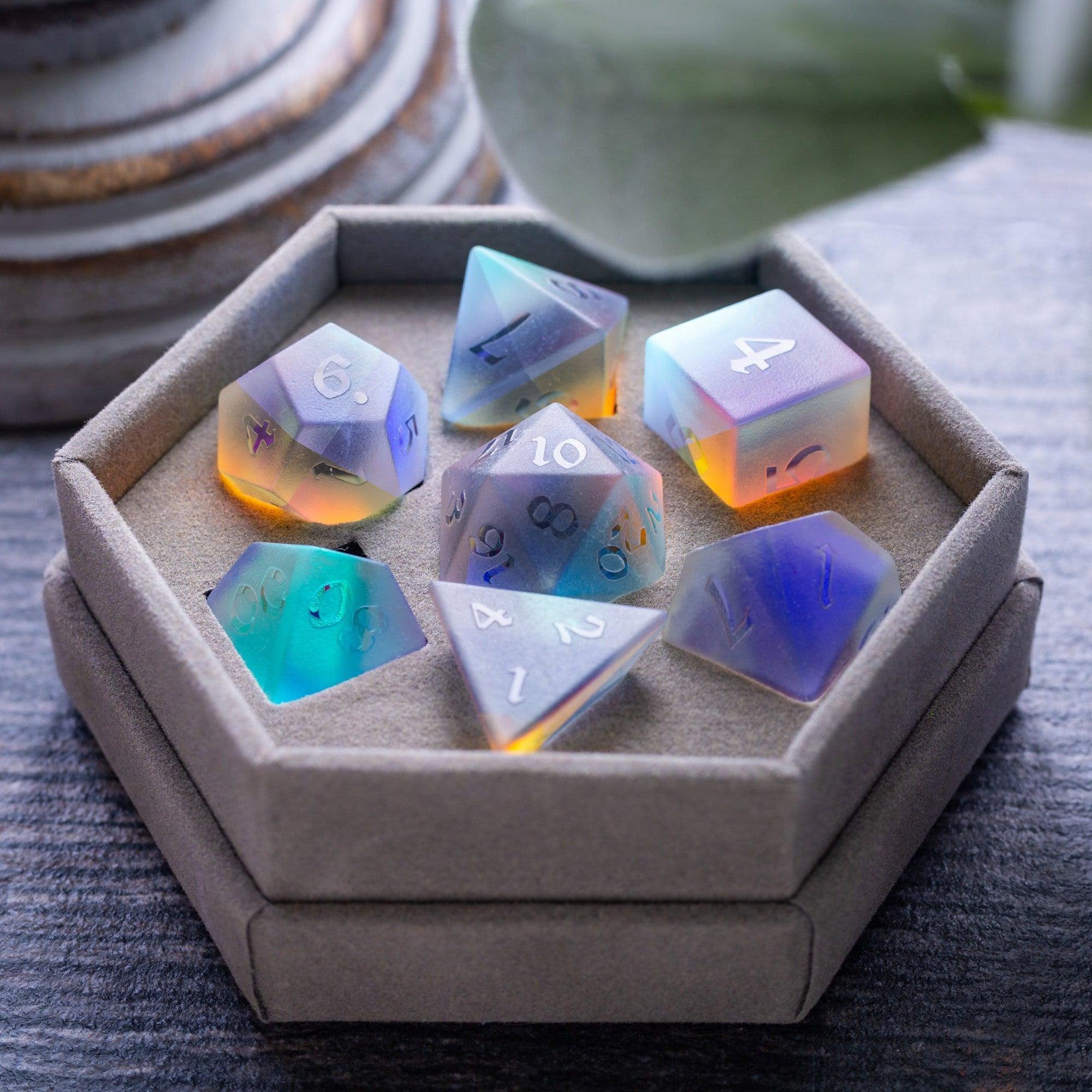
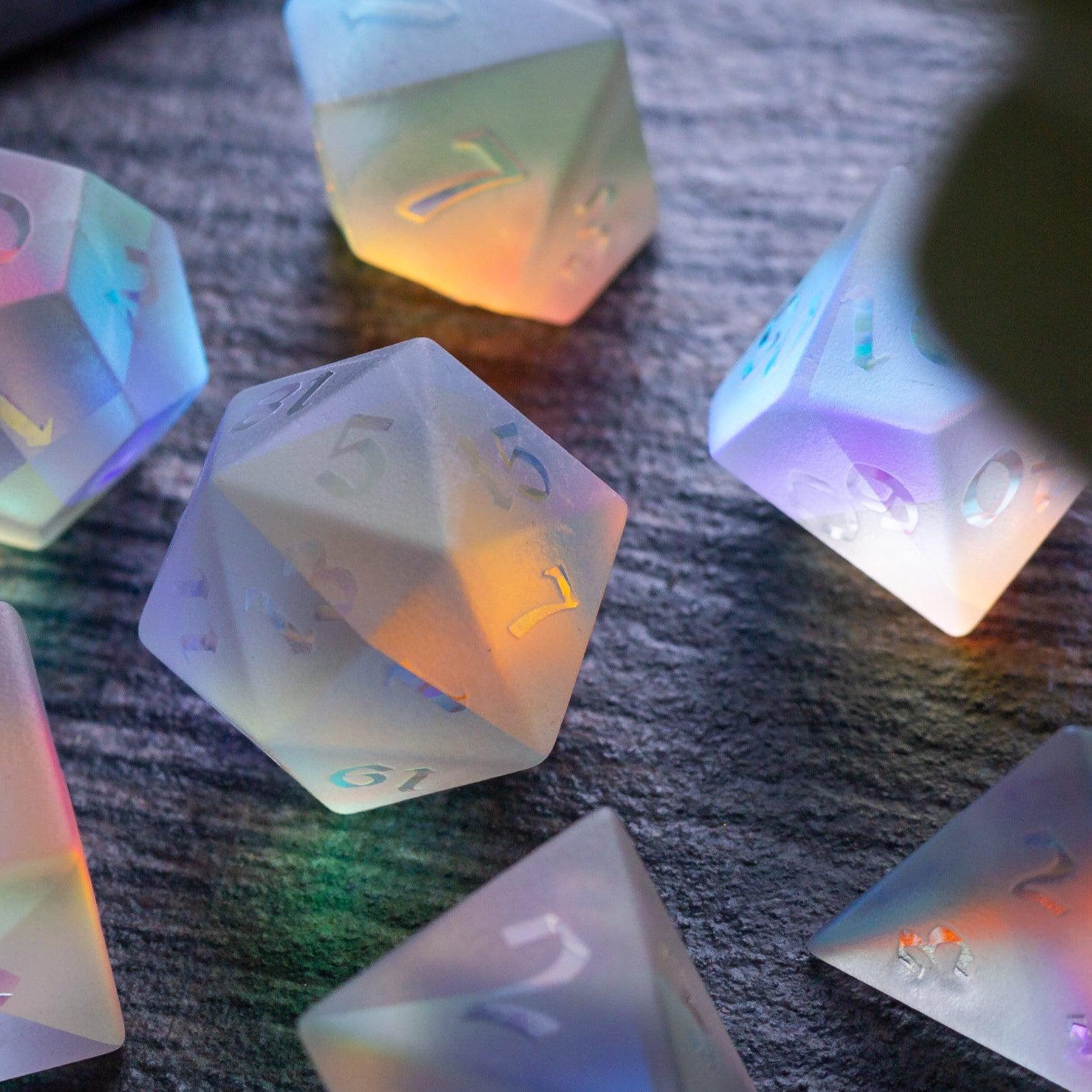
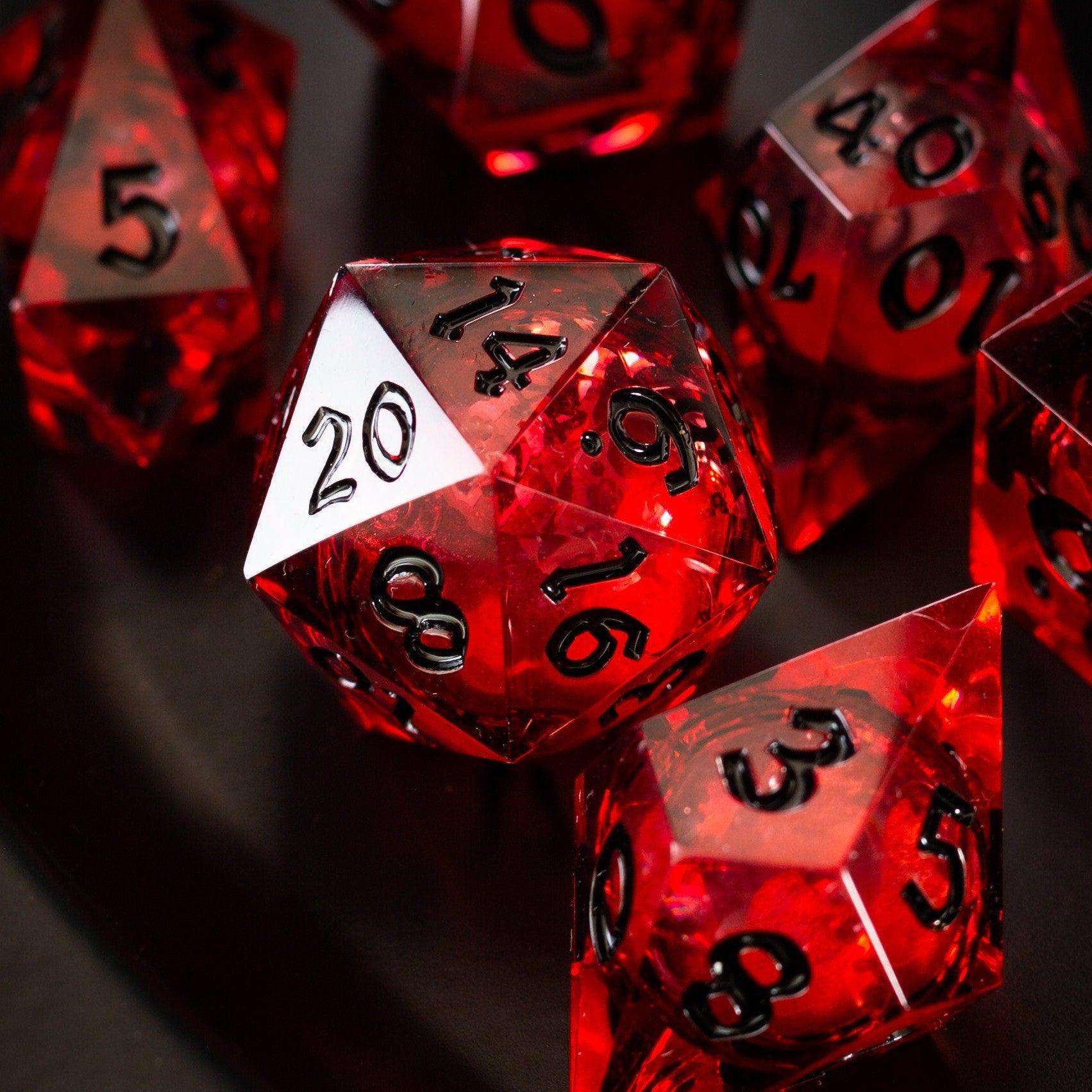
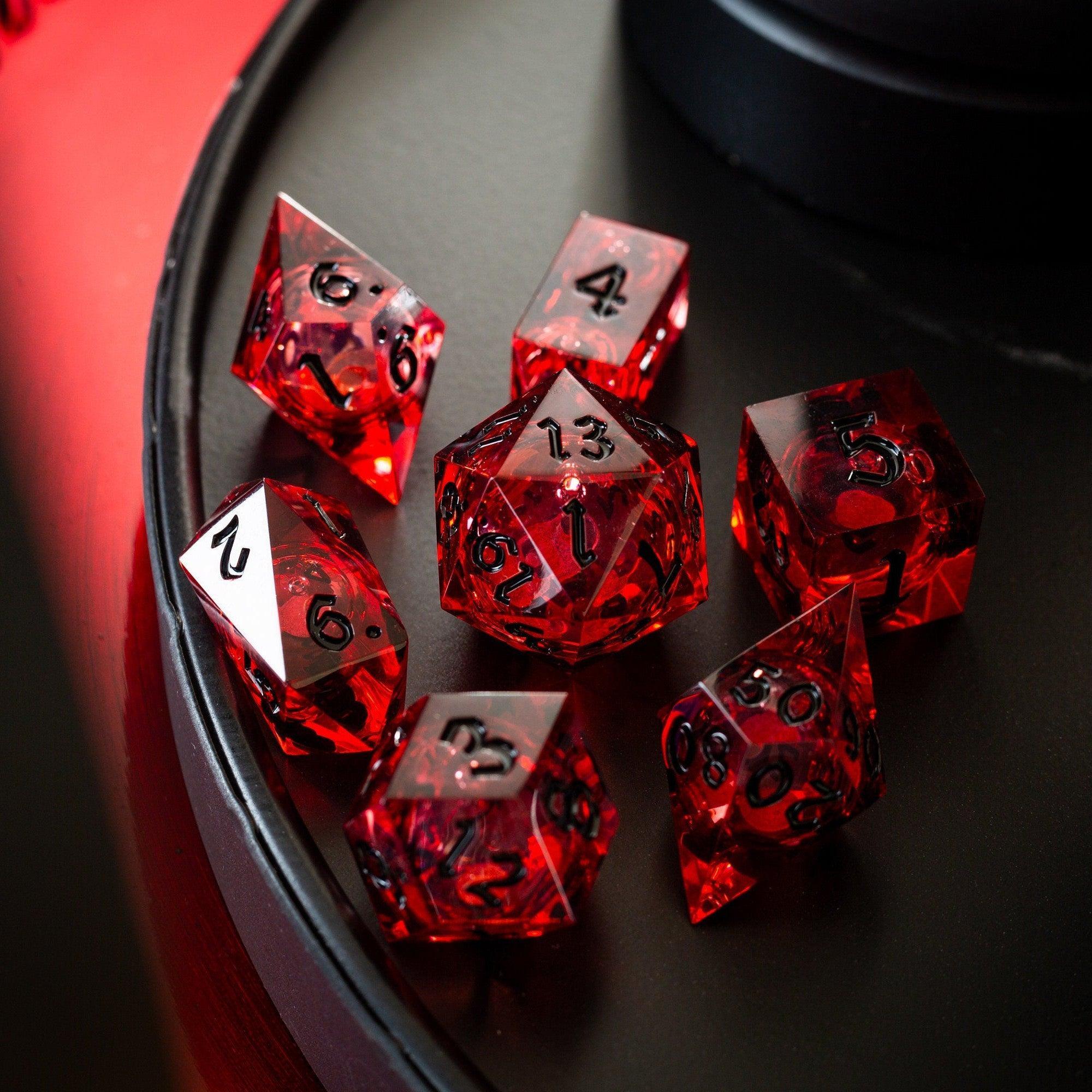
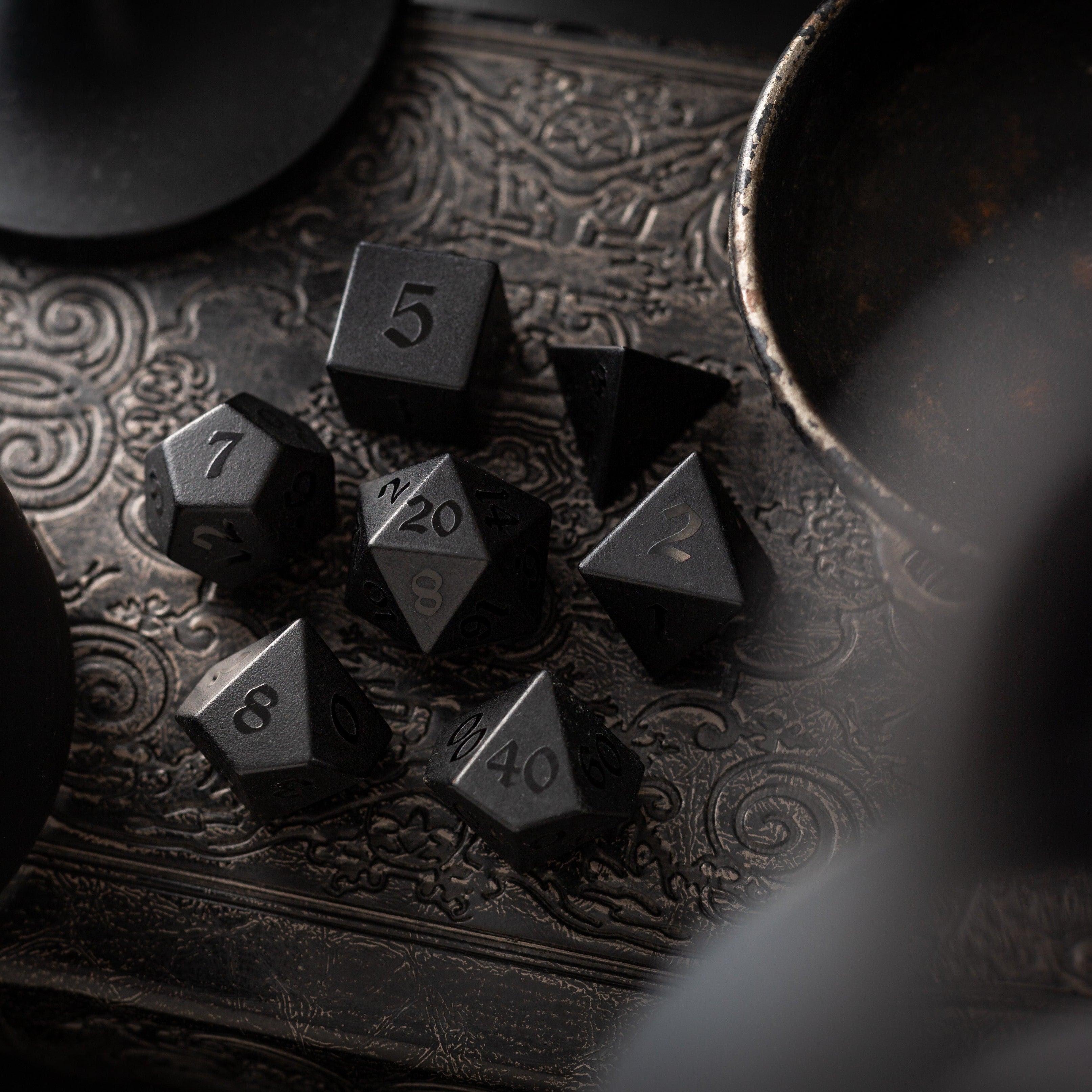
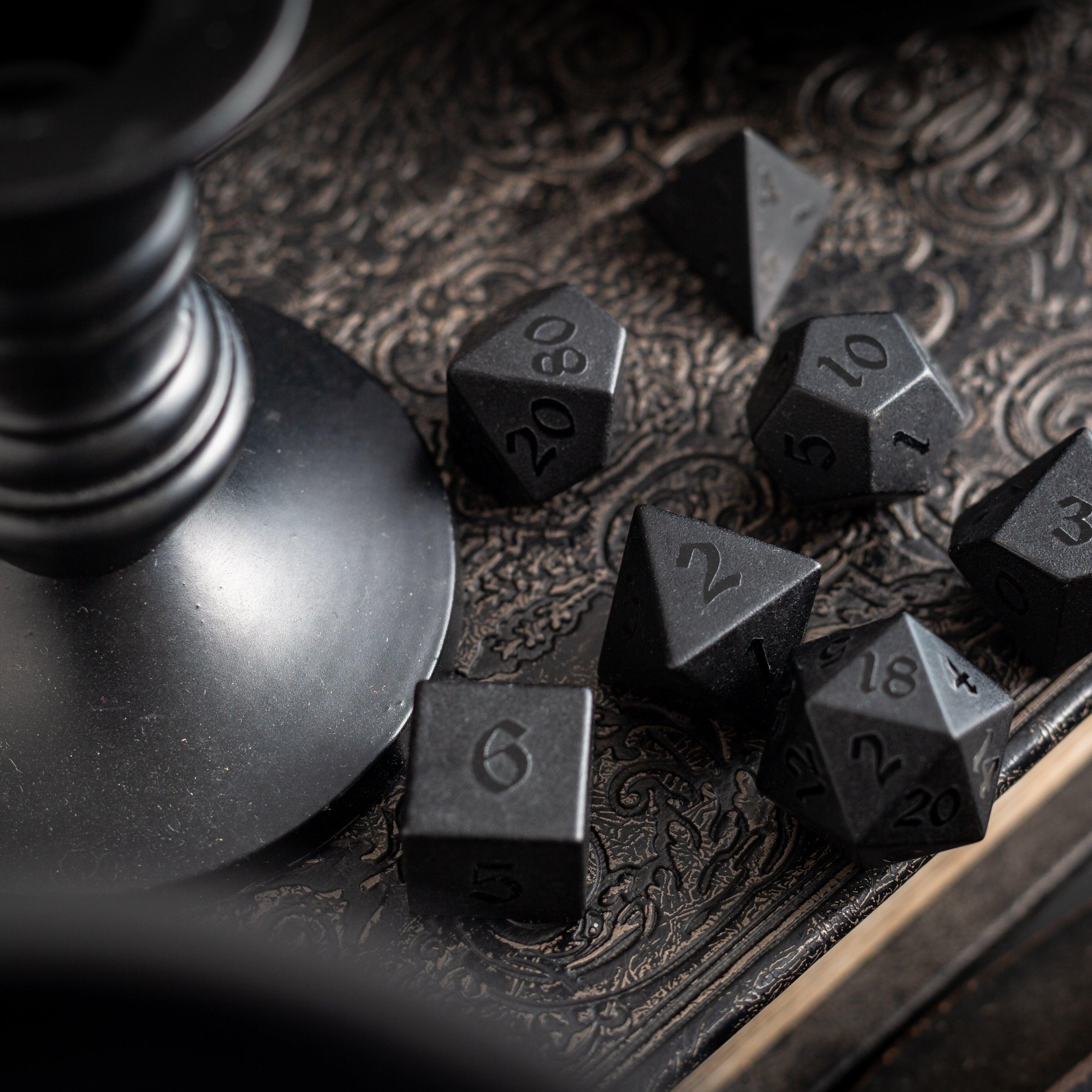
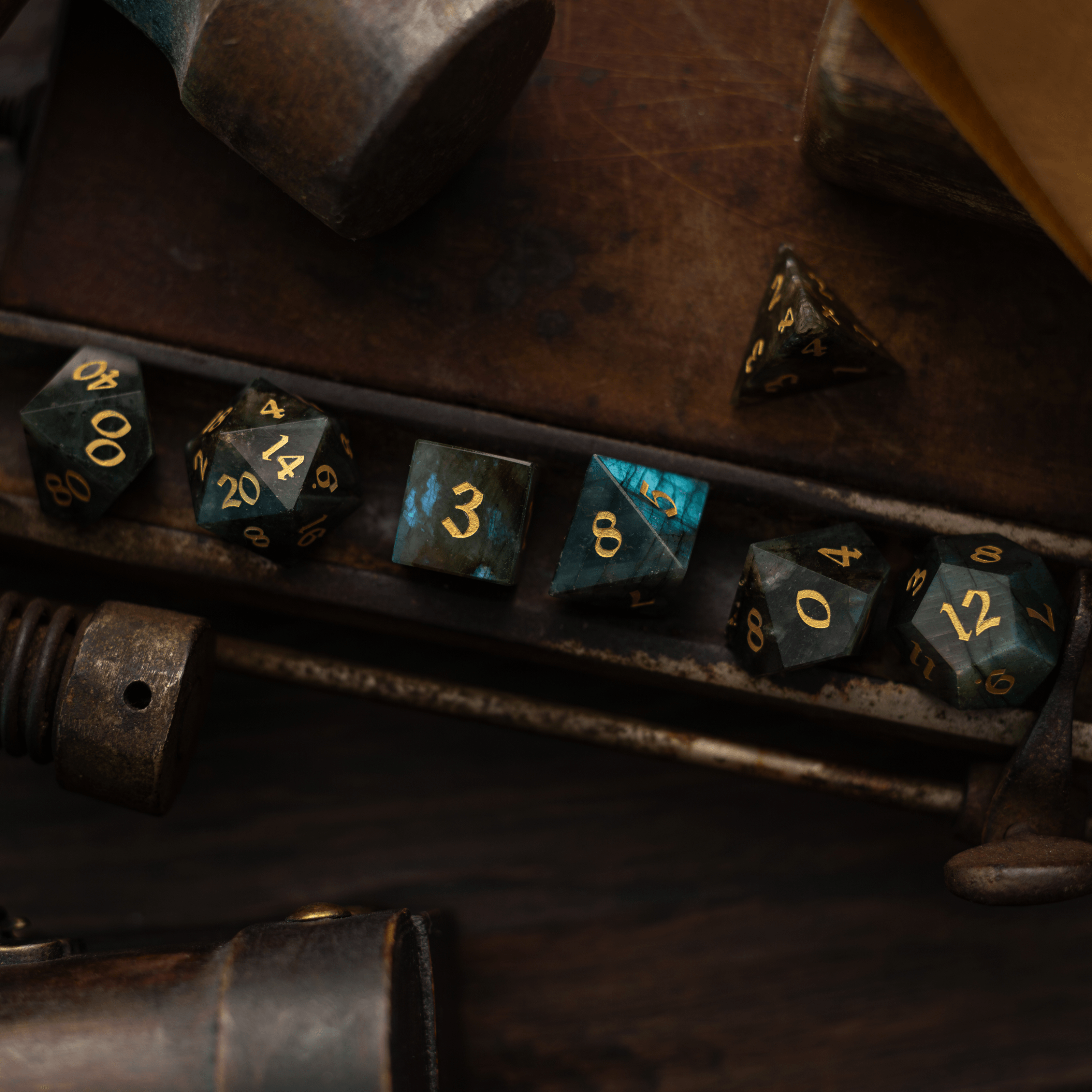
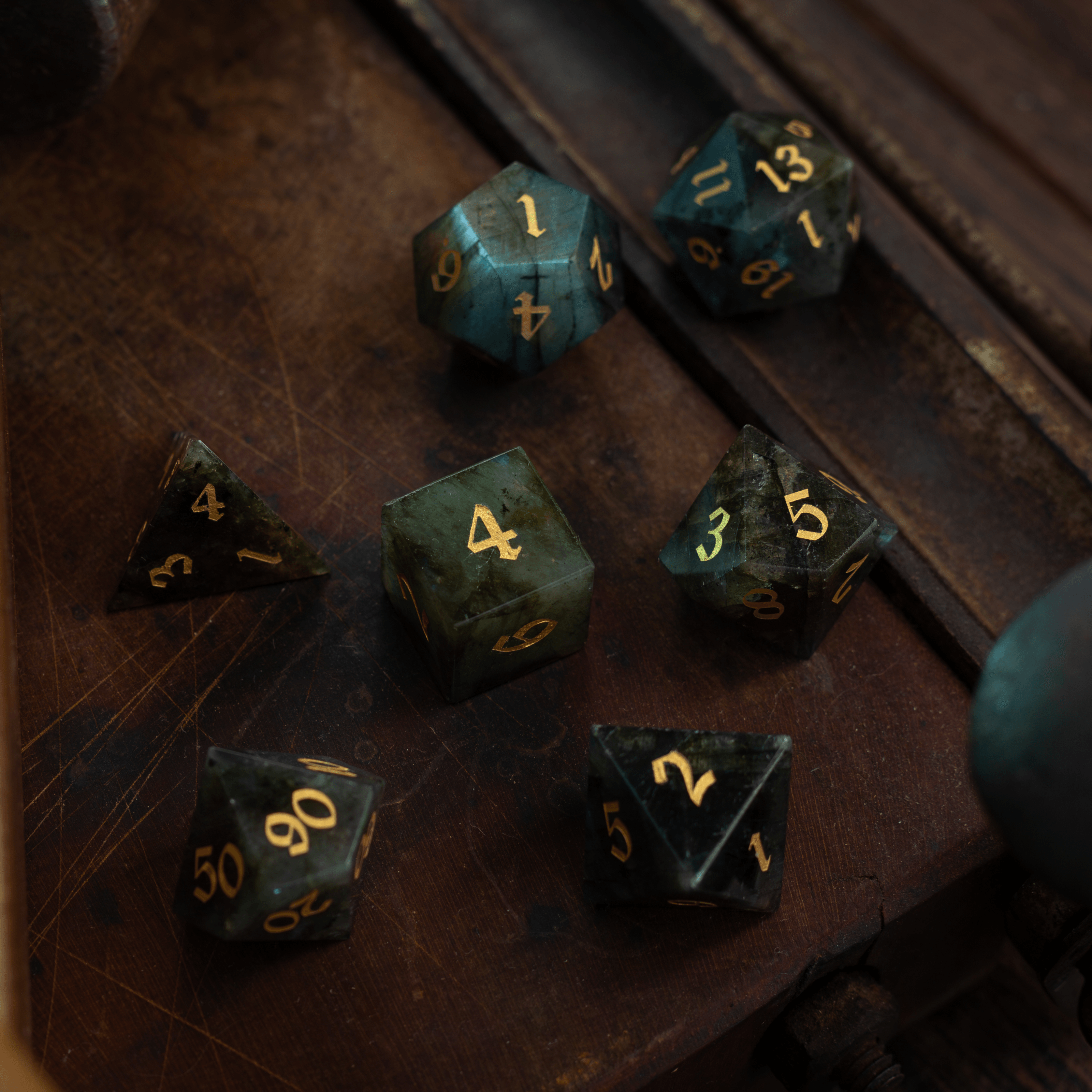
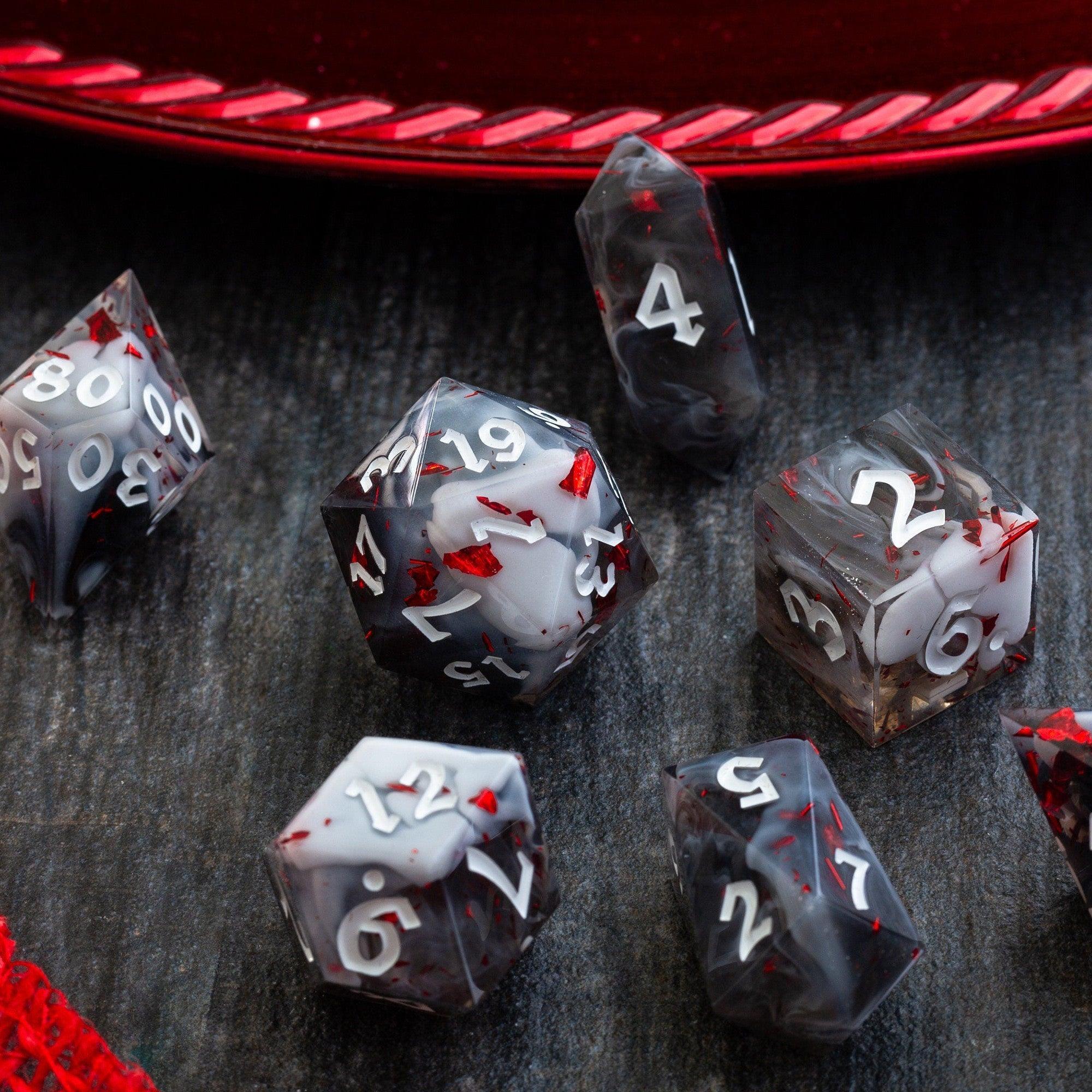
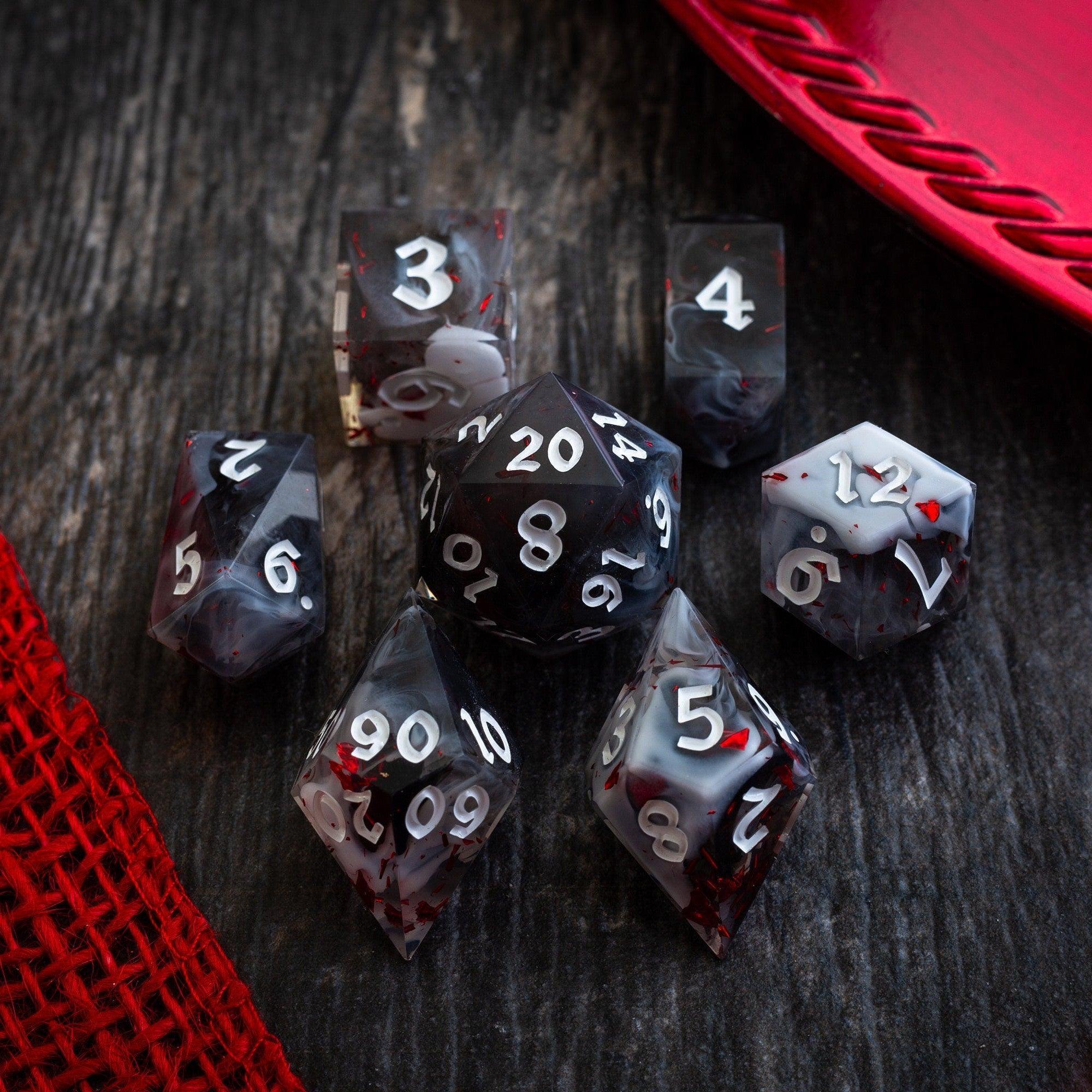
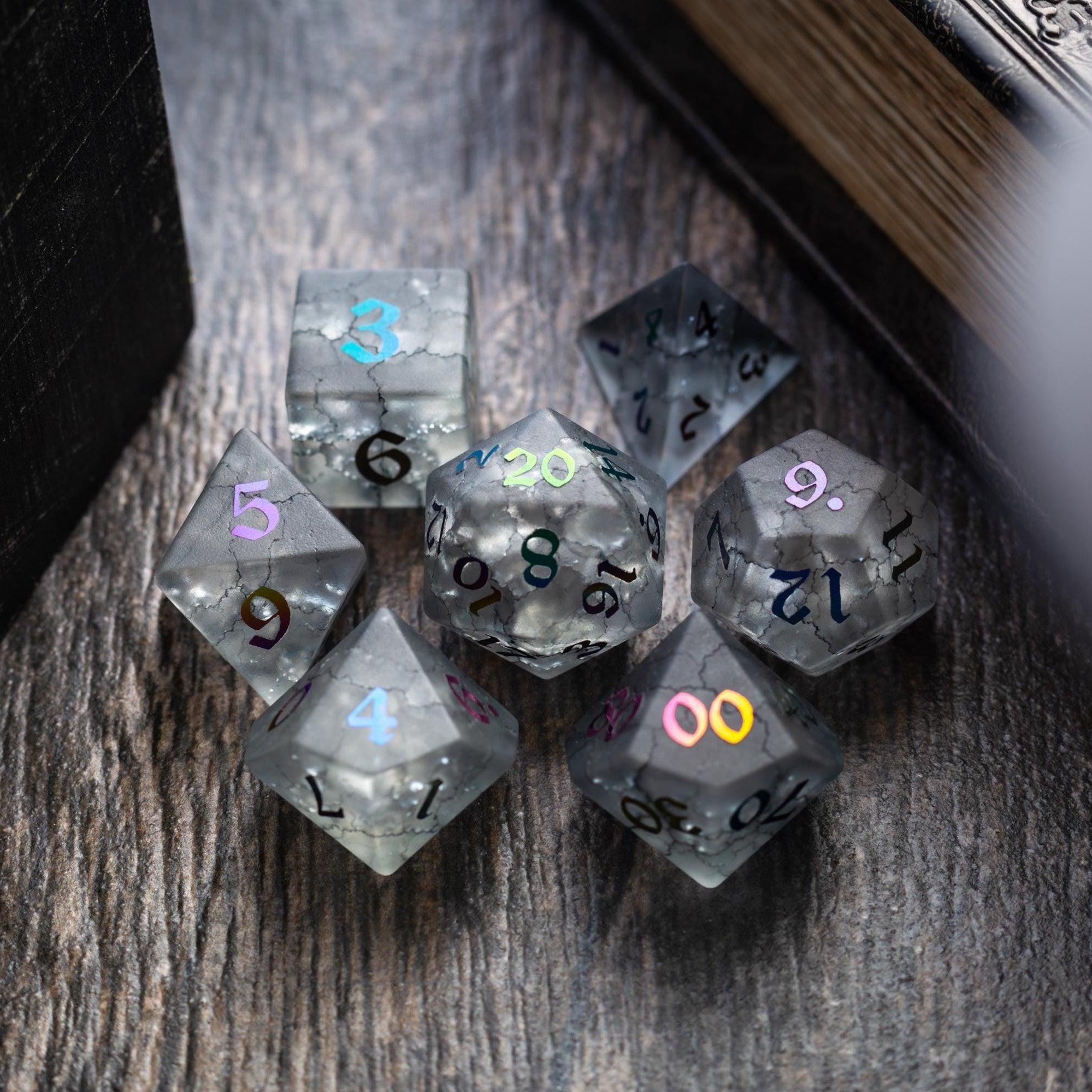
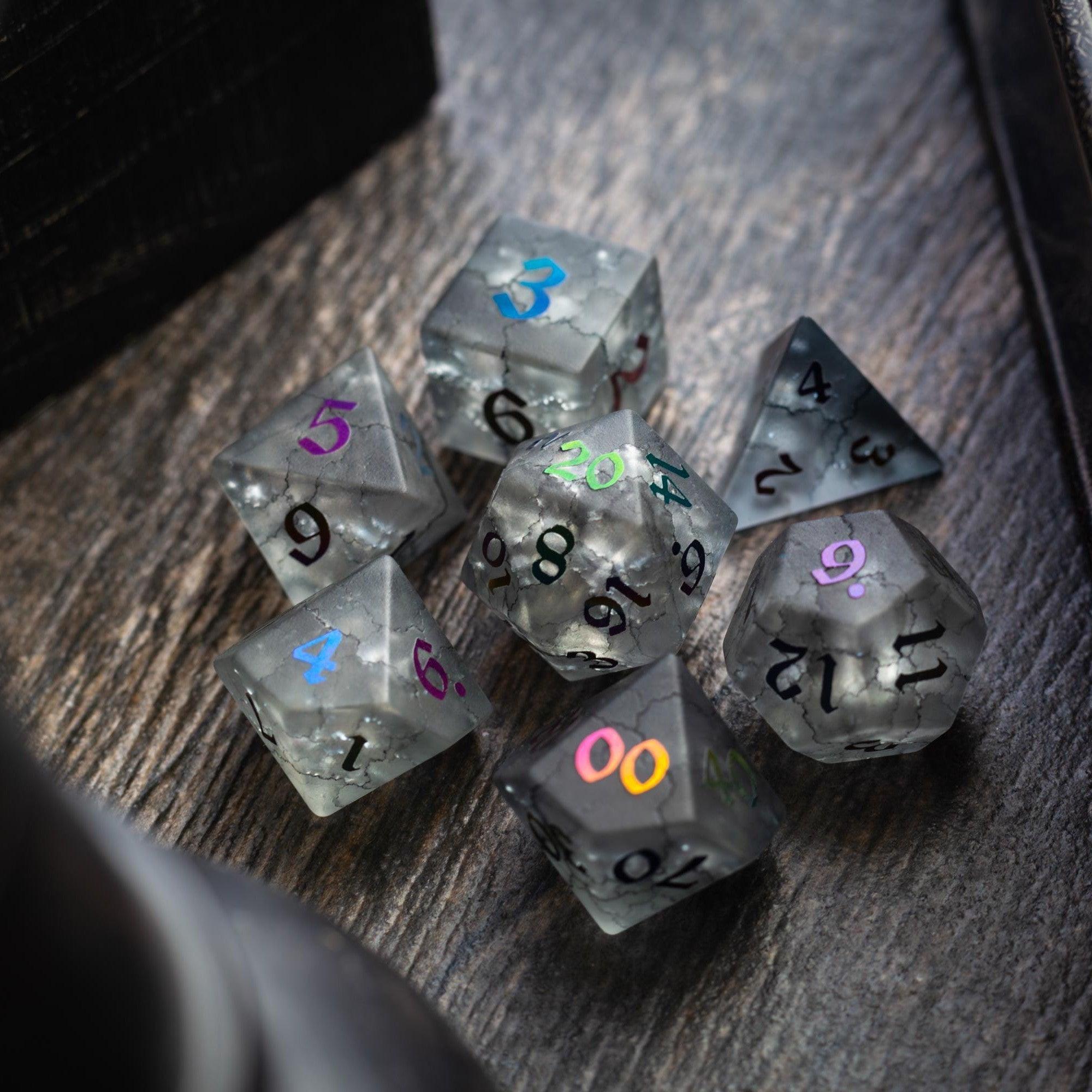
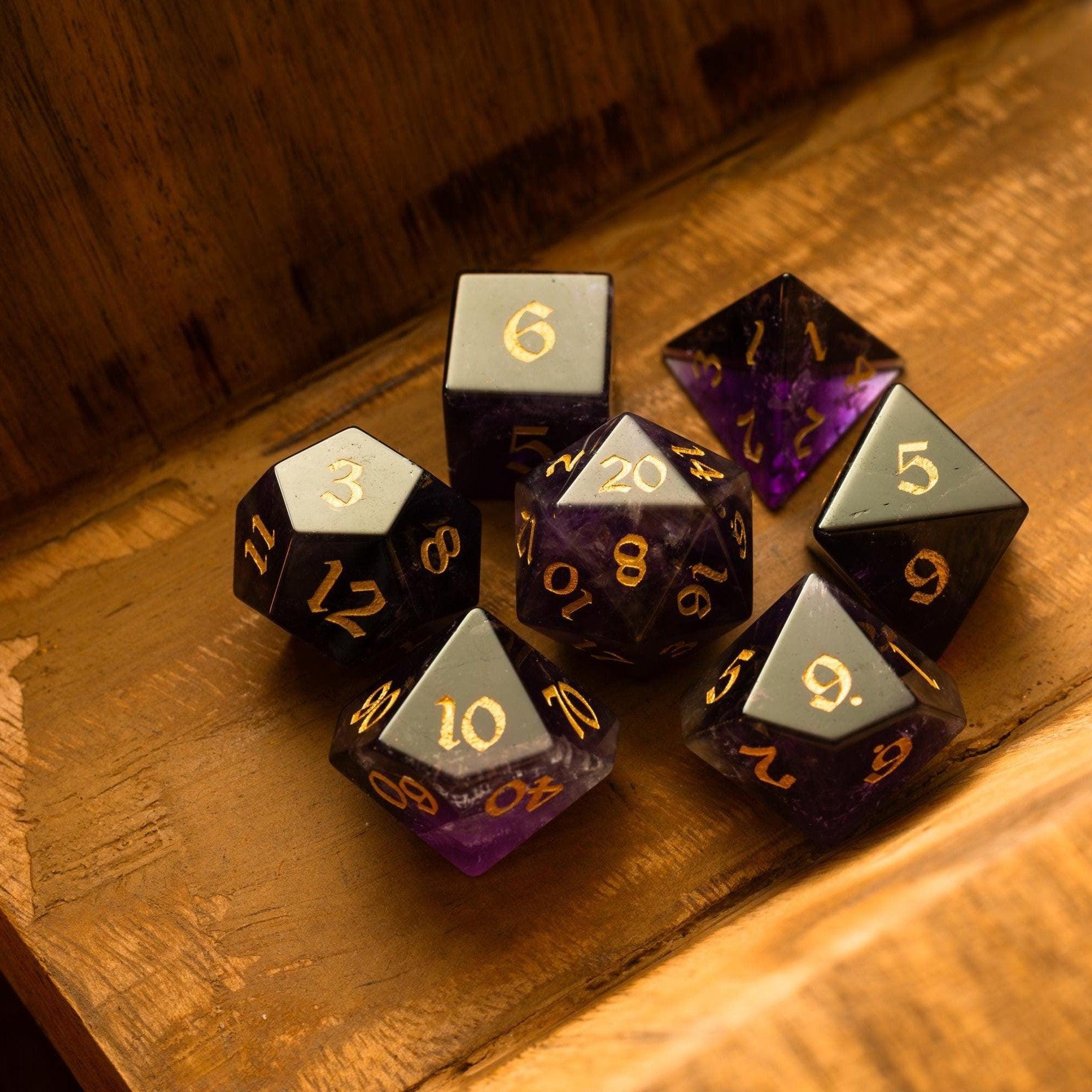
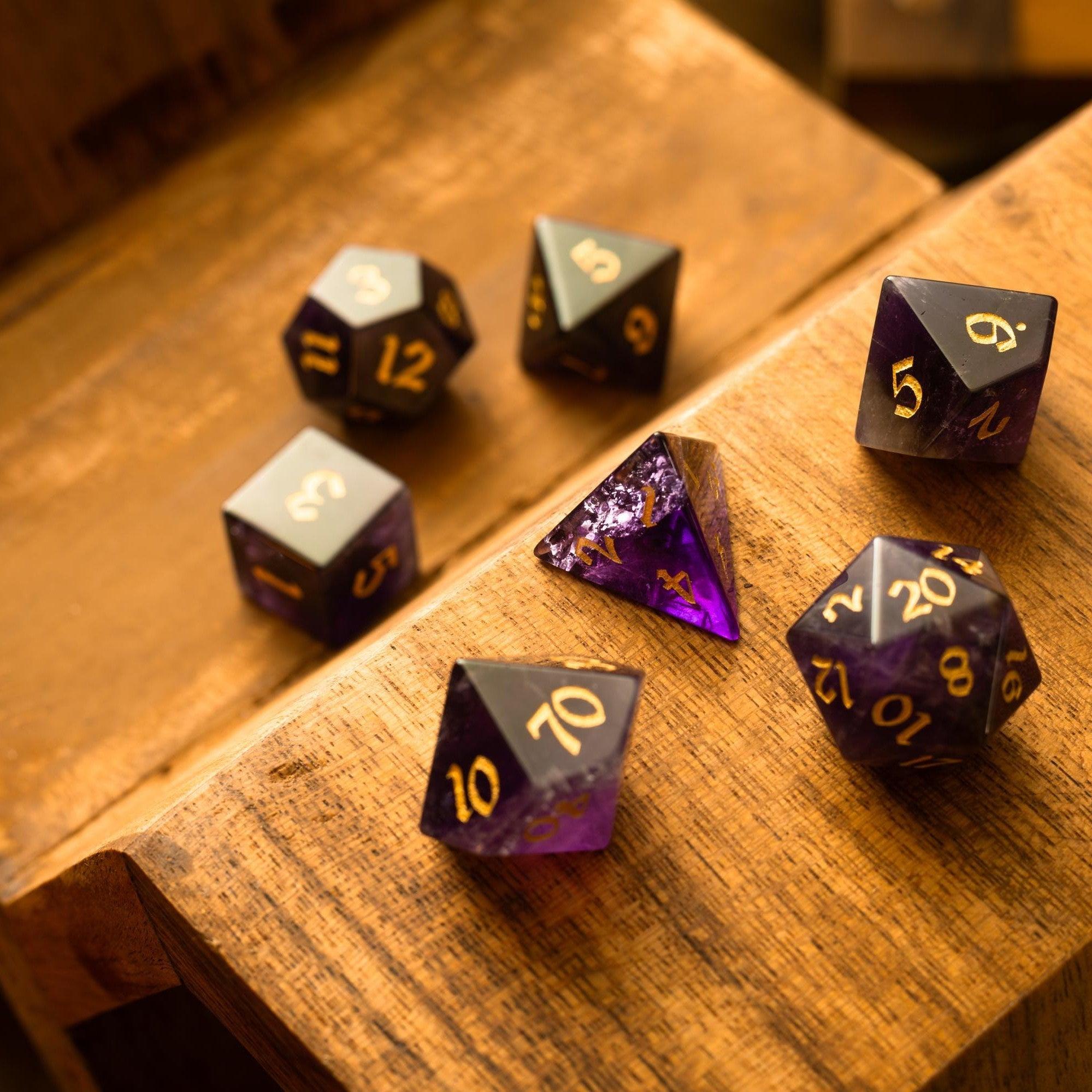
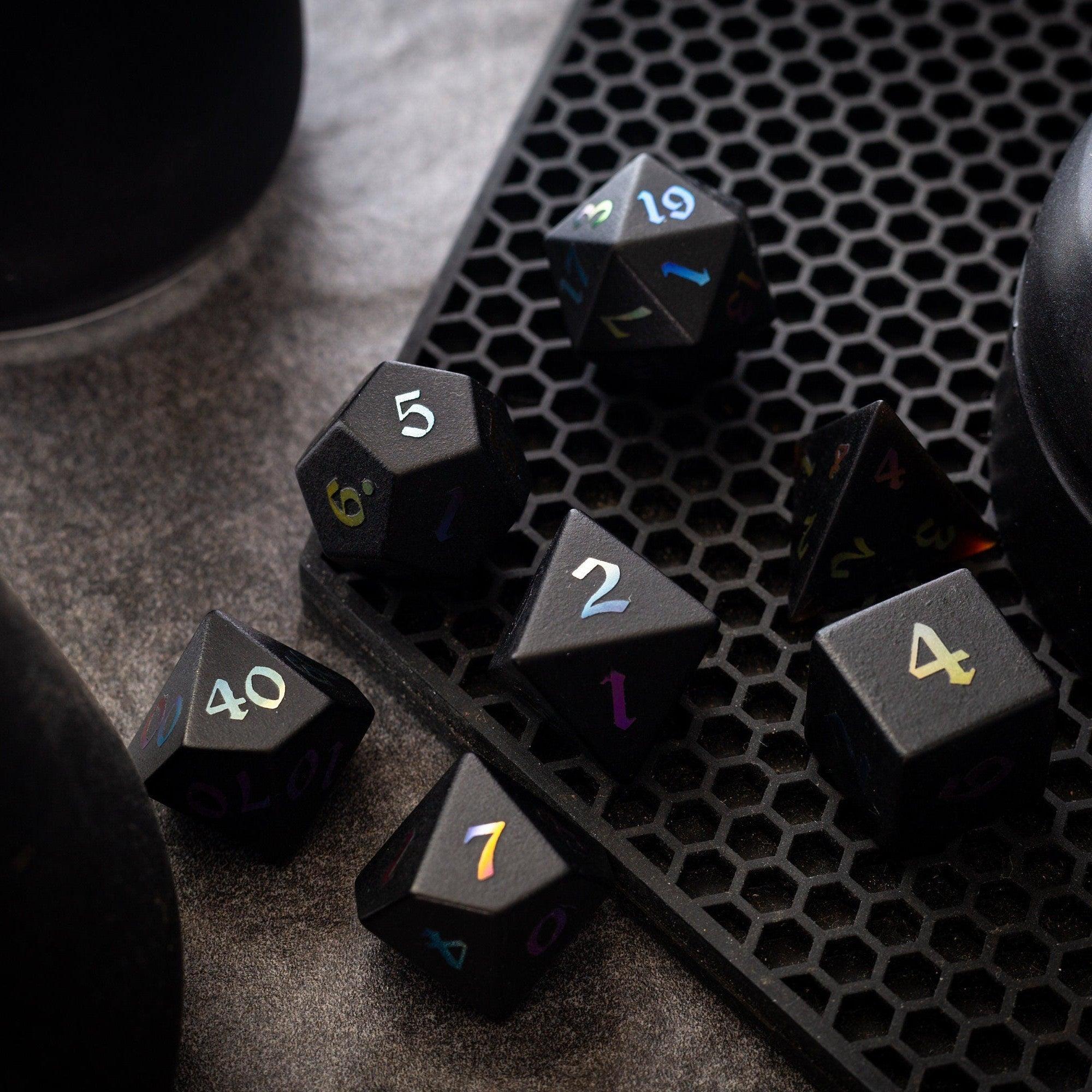
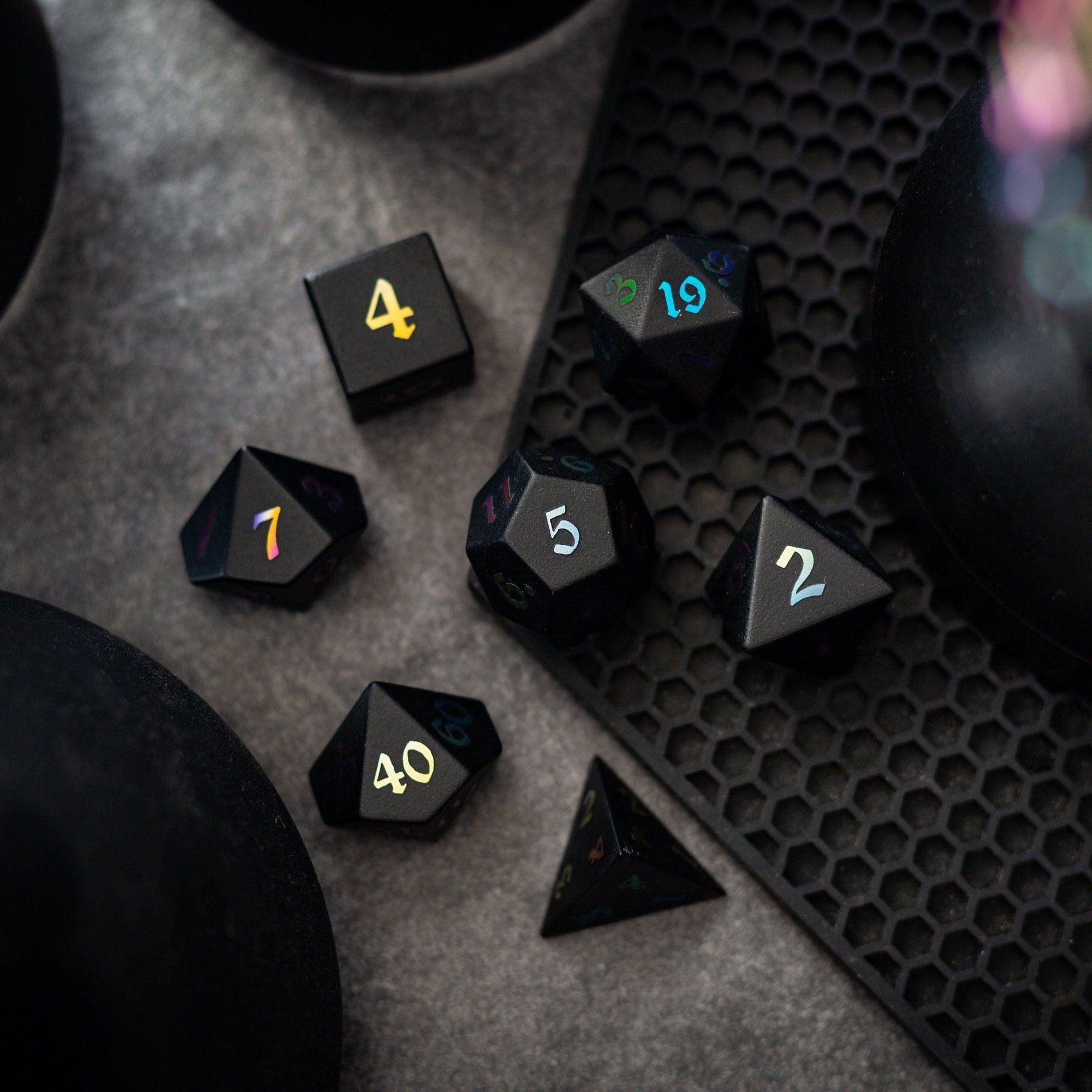
Leave a comment
This site is protected by hCaptcha and the hCaptcha Privacy Policy and Terms of Service apply.